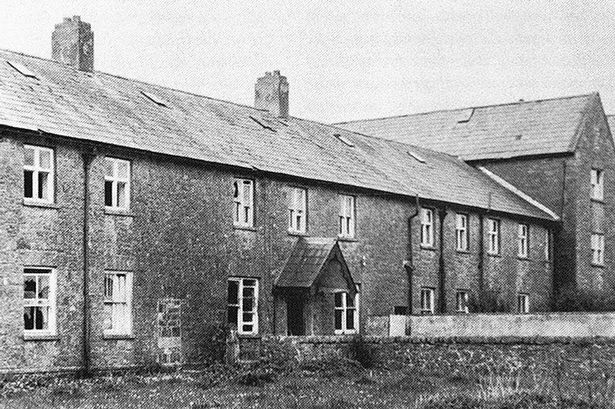What is the appropriate reaction to an affront to the dignity of a human being? An online petition? A media campaign? Political activism?
All of these methods may seem appropriate, depending on the issue but at heart, one aim must remain paramount – to ensure that the attack on human dignity never re-occurs.
 This is what we need to be thinking about when we consider how best to address the situation currently unfolding in the west of Ireland.
This is what we need to be thinking about when we consider how best to address the situation currently unfolding in the west of Ireland.
The news that the remains of 796 human beings – 17 per year over a 44-year-period from 1921 to 1965 – have been found buried near a Mother and Baby Home, is a revelation that comes as a sad reminder of the way in which Irish society failed its most vulnerable members in years past.
Initially, there is public upset and calls for an investigation and this is justified. It’s a healthy sign of our democracy, an indication that we recognize the cruelty involved in the treatment meted out to the members of society who mattered least; unmarried mothers, newborn babies and the poor. It’s a sign too that we are determined as a society not to repeat the mistakes of the past. We will not countenance members of today’s society being classed as “invisible” or “unimportant” or “worthless”. Modern Ireland demands that every person is given the love and respect that they deserve, regardless of age, ability or social standing.
That last part is a tall order. It was difficult in the 1920s – too difficult, it seems, for the State, for those who buried those bodies, for the families of unmarried women and the poverty-stricken. It’s difficult in 2014 and it remains a constant struggle in every civilized society to remember that human beings are the most important resource of that society, the single group that must be placed above everything else. It’s difficult, and yet we have to keep fighting towards this kind of society, and we know how to get there.
The first step is a full, open and transparent investigation into this sad situation. It must take into account the upset caused at the thought of so many people being buried without their due dignity and respect. It must also set out to be fair to all parties involved, including those who worked in the home, the local community and, most importantly, the families of the deceased.
Once we have the full facts – tragic as they may be – we can act. Knowledge is power and at that stage, we can take the necessary steps to ensure that there is a better understanding of the tragedies of our past and the needs of our future. At that stage too, we will have determined how best to carry out similar investigations of attacks on human beings, wherever and however they occur.







